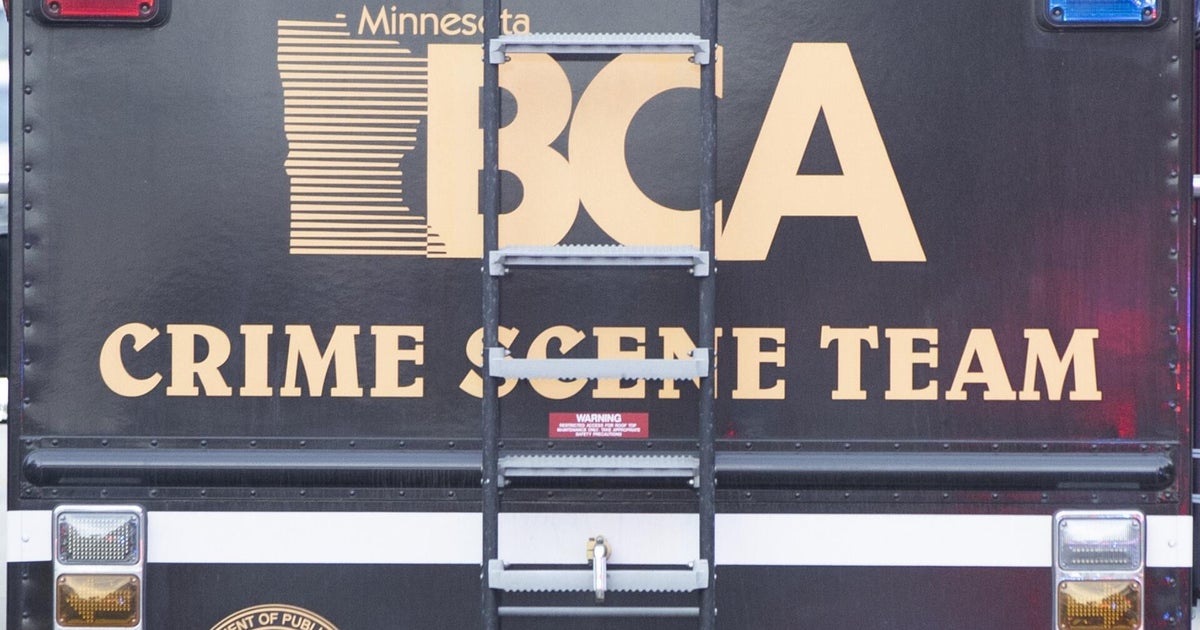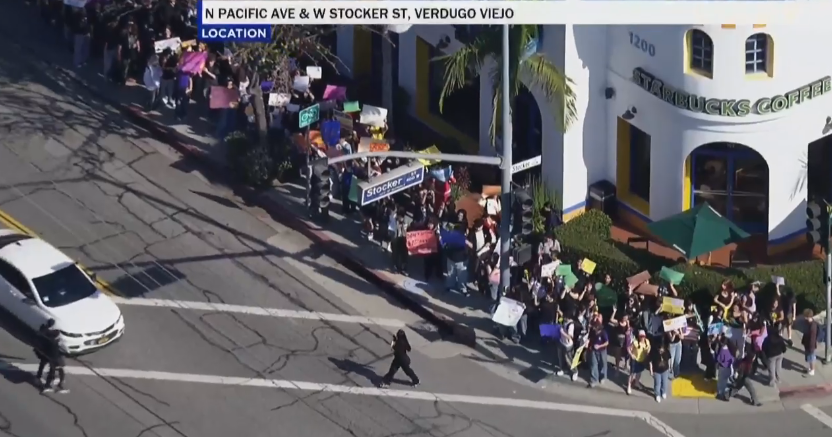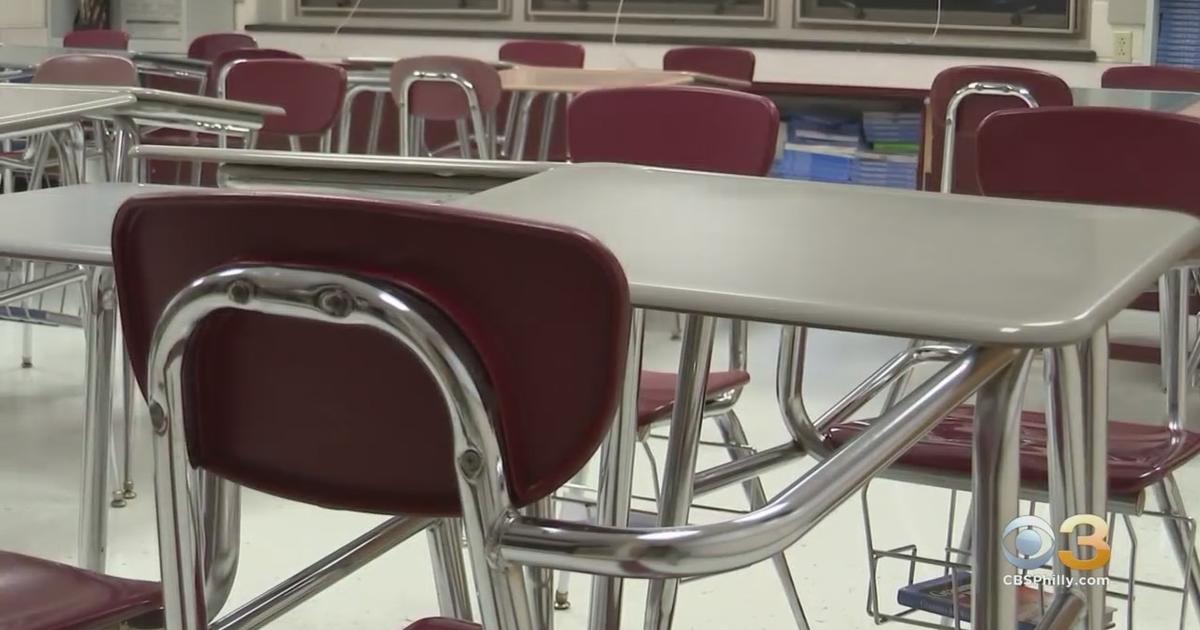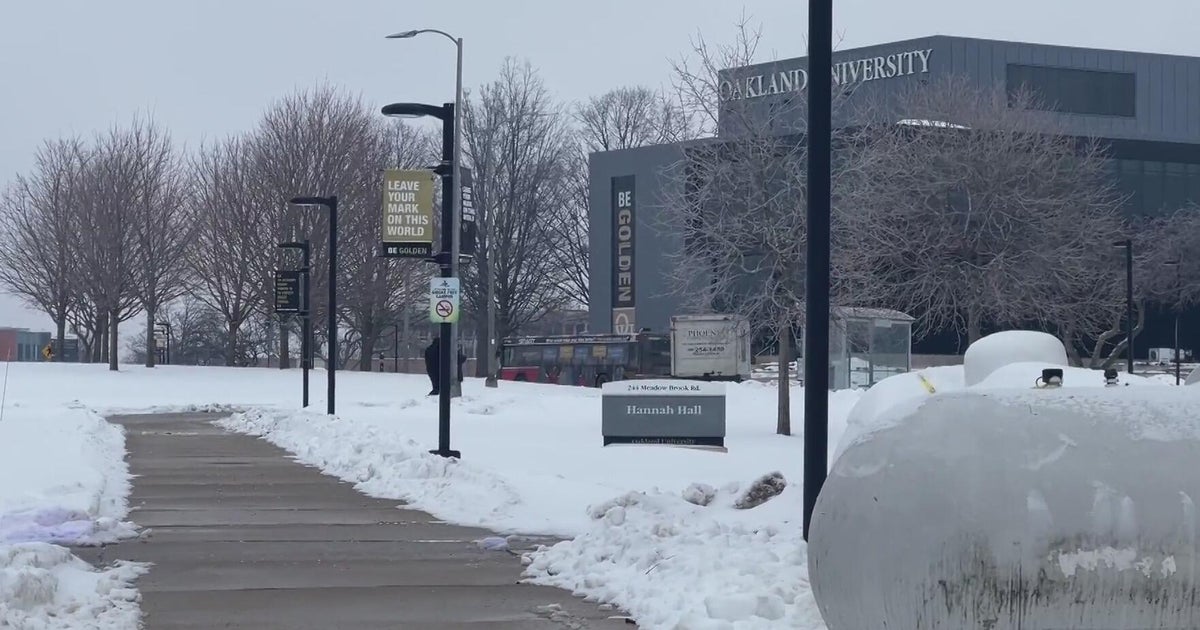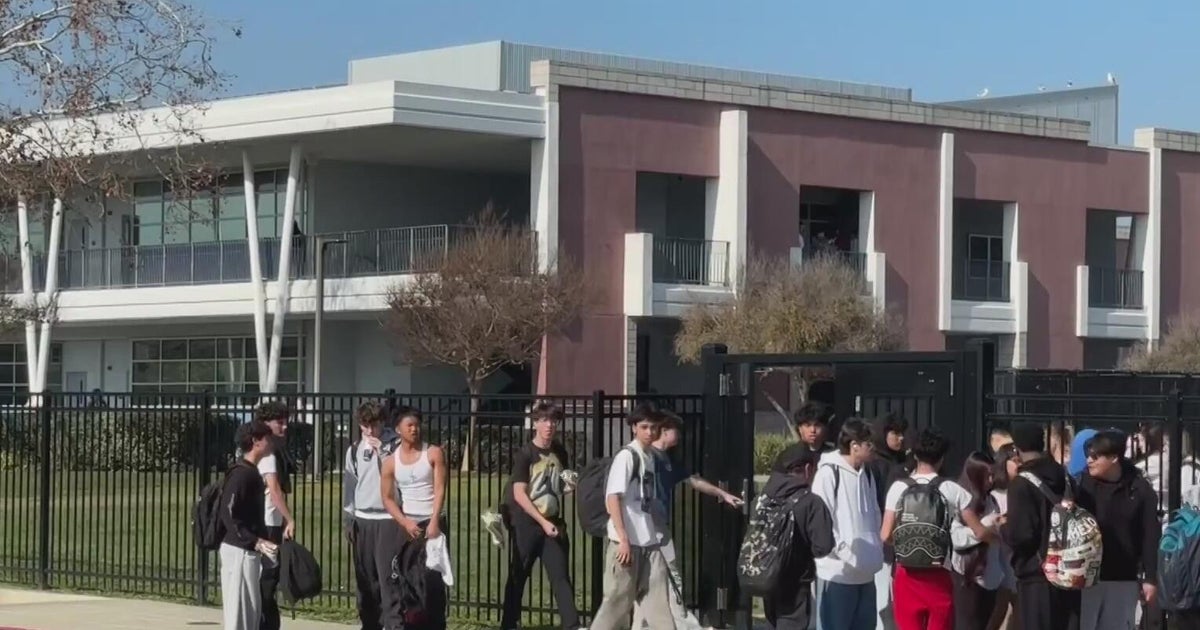Protesters At Harvard Greet DeVos Speech On School Choice
Asked about protections for transgender students, DeVos said she is committed to making sure all students are safe. Earlier this year, she rescinded guidance that allowed transgender students to use bathrooms that matched their gender identity.
"With respect to any student that feels unsafe or discriminated against in their school, that is the last thing we want and the Office for Civil Rights at the Department of Education continues to hear and work with the schools that have any of those issues to deal with," DeVos said. "And we are committed to doing that on behalf of the students."
She said she wants new rules on campus sexual assault to be fair to both the victims and the accused. "One sexual assault is one too many," DeVos said. "By the same token, one student that is denied due process is one to many. So we need to ensure that that policy and that framework is fair to all students."
Another student said school choice is used by large corporation to make profits and asked DeVos how much she expects her net worth to increase as a result of her policies.
DeVos took the question in stride. "I have written lots of checks to support giving parents and kids options to choose a school of their choice," DeVos said. "The balance on my income has gone very much the other way and will continue to do so."
School choice refers to efforts that give students options other than their local public schools, such as charter or private schools. Charter schools are funded by public money but usually operated by entities that are independent of school districts.
During her speech DeVos talked about the importance of reforming the American education system.
"The future of school choice does not begin with a new federal mandate from Washington," DeVos said. Rather, she added, the role of the federal government is to help states provide more choices for parents as they decide where to send their children to school.
"We can amplify the voices of those who only want better for their kid," she said in the speech at Harvard's Program on Education Policy and Governance. "We can assist states who are working to further empower parents, and urge those who haven't."
There were protests both inside and outside the auditorium.
Samantha White, a 19-year-old neurobiology major, said she came to the speech to ask DeVos why she rescinded the guidance on campus sexual assault.
"I am very upset and angry about it," White said. "Sexual assault is such a huge problem on college campus already and if you are rolling this back, it makes survivors of sexual assault more vulnerable and it's more difficult for them to seek justice when there aren't these regulations."
Sophomore Brandon Hill came to learn more about school choice. Hill, who studies applied mathematics, said he has studied at both a charter and a traditional public school and found his charter school to be more focused on students' academic growth and character development.
"The teachers could explore different curriculum ideas and teach what they are interested in and what they are excited about," Hills said. "I appreciated it, yes. I would say it was more innovative."
Tony DelaRosa, 27, a student at Harvard's Graduate School of Education, held a sign reading "Our Students Are Not 4 Sale."
"We need public schools not to lose our funding and be given to charter schools," DelaRosa told the AP. "Administering more charters anywhere, it's going to take funding from somewhere."
Before the speech, the Education Department announced $253 million in grants to expand charter schools across the country.
The awards went to nine states, two state agencies and over 20 nonprofit charter management organizations. The grants were awarded as part of the Every Student Succeeds Act.
"Charter schools are now part of the fabric of American education, and I look forward to seeing how we can continue to work with states to help ensure more students can learn in an environment that works for them," DeVos said in a statement.
DeVos was a supporter of school choice efforts in Michigan before becoming President Donald Trump's education chief.
